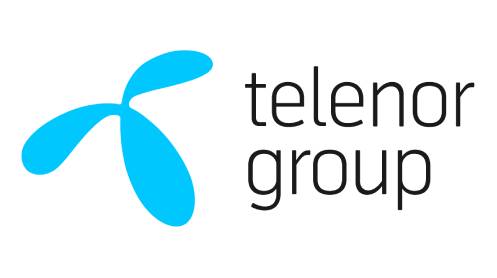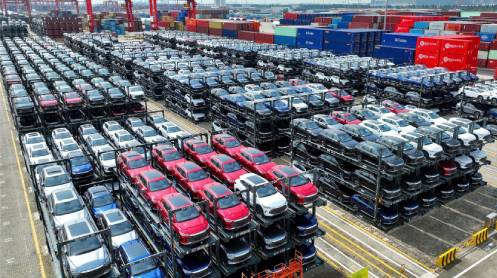22nd February 2024 Islamabad: With mobile devices becoming increasingly central to our daily lives, the second-year study of ‘Digital Lives Decoded’ conducted by Telenor Asia determined the key drivers of mobile use: forging healthy social connections, opening new opportunities, a safer online experience, learning and growing with new skills and reducing our impact on the planet.
The first Digital Lives Decoded study in 2022 came at a time when Pakistan was emerging from a global pandemic and the pace of digital adoption accelerated. Building upon the foundation laid by its predecessor, Digital Lives Decoded 2023 offers a comprehensive analysis of mobile usage and its impact on key facets of daily life. With insights gathered from over 8,000 mobile users in Bangladesh, Indonesia, Malaysia, Pakistan, the Philippines, Singapore, Thailand, and Vietnam, the report provides invaluable insights into the dynamics of digital living in the region.
This year’s findings build on those trends, signaling that mobile phone usage will continue to gain momentum and further propel people to seek ways to upskill, enhance their careers, and access new revenue streams that only mobile connectivity allows. A stand-out finding this year was that amidst a challenging economy and high inflationary environment, mobiles are being widely used as a tool to manage rising costs of living. People are turning to their mobile devices to compare prices (70%) or find the best deal (65%), accessing the numerous financial management and budgeting tools, calculators, or apps that can help manage their finances during difficult times. Not only these, 95% of respondents residing in Pakistan, have seen their career and skills development improve in the past five years due to mobile phone usage.
In Pakistan, trends indicate significant increases in mobile device use over the next 1-2 years (37% vs 28% regionally), where respondents are more likely than their regional counterparts to use their mobile device daily to access educational content (68% vs 27% regionally), healthcare (27% vs 14% regionally) and food and grocery delivery apps (30% vs 16% regionally).
While Pakistanis feel that mobile devices have significantly enhanced their performance and quality of work, concerns about overuse, privacy, security, and digital skills persist. A staggering 27% of mobile users in Pakistan feel they are overusing their devices, the highest among the surveyed markets. Additionally, while Pakistanis show a greater propensity to access news stories on social media platforms like X (formerly Twitter), they are also the most likely to report daily encounters with fake news (39% compared to 21% regionally). Despite being confident in their digital skills, 51% express concerns about keeping pace with future technological changes, highlighting the need for continuous digital upskilling. Privacy and security concerns, though less of a barrier for work-related mobile use, remain significant, with 32% expressing worry. These findings underscore the complex relationship Pakistanis have with their mobile devices, balancing the benefits of enhanced productivity with the challenges of maintaining digital well-being and security.
Khurram Ashfaque, CEO of Telenor Pakistan, reflects, “The latest Telenor Asia Digital Lives Decoded study unveils a transformative shift. Mobile technology is reshaping work dynamics, nurturing skill acquisition, and priming for substantial economic growth. Together, with robust connectivity, embracing emerging tech, and enhancing digital literacy, we have the power to propel Pakistan towards a safer, more inclusive digital future.”
Unlocking Pakistan’s Digital Future: Insights from Telenor Asia’s Digital Lives Decoded Study







